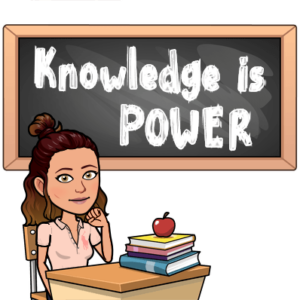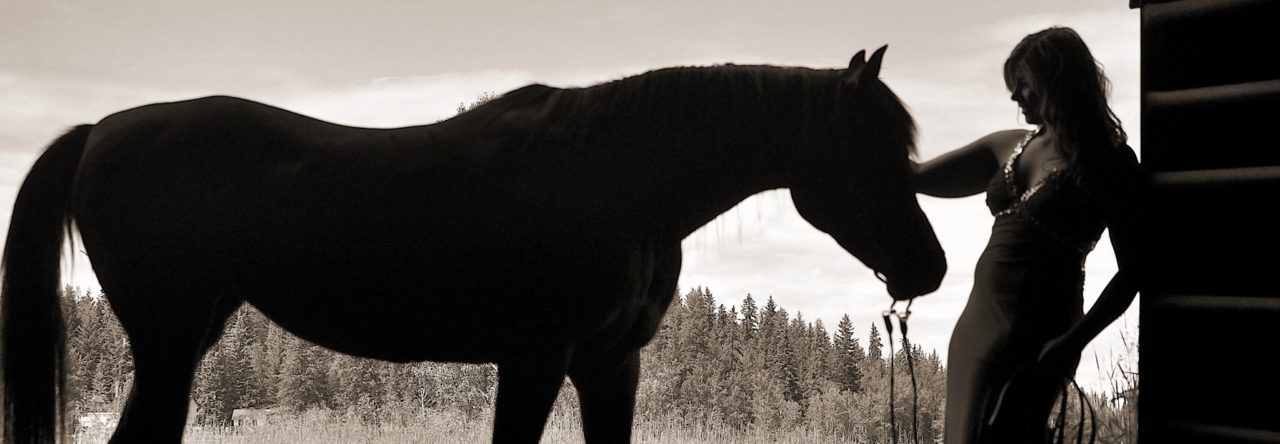I was able to attend Correlieu Secondary School’s Non- Instructional Day on Indigenous Education. The main topics of focus were: Truth and Reconciliation- Calls to Action, Equity, Racism, Systemic Racism and White Privilege.
Our keynote speaker was Kevin Lamareaux, who is professor at the University of Manitoba. Out of everything he spoke to, I found it so important that he taught us how to address those who are ignorant to their own personal systemic racism, how to approach the topic by educating calmly and diplomatically while also raising awareness. He was able to give us tools for future conversations that I found extremely helpful in regards to the Call to Action 63.3.
I heard a new definition of “Reconciliation” that I had not heard before which was: “Reconciliation is a gift given to us by residential survivors. If it weren’t for the courage and the dignity of Residential School Survivors, we wouldn’t be having this conversation today. Reconciliation, is the children who were exposed to the worst of Canada, and the same children, now adults, who are able to extend and open their hand out to shake.”
We looked at the basis of systemic racism and how it is a system, not an event. We uncovered the word “otherness” that dehumanizes based on difference, and how to get away from no longer drawing lines. We addressed that it’s easy for us, because we are human, to categorize an “other” field when addressing culture. Kevin gave the example of how Canadians may show this “otherness” line when referring to American’s and what is going on currently in the United States. Addressing that these feelings we have make us human, but it is what we do with those feelings that define us and how as educators, it is important to educate on the difference.
The steps deconstructing “otherness” are as follows:
1. Humanize the other: get to know them, talk with them, as about their families, their story, their history
2. Education and Awareness: Relationships before Curriculum
3. Acknowledge, understand and explore privilege: He spoke on his personal story of growing up around sexists/ misogynistic males, and resenting a female professor who acknowledged his privilege over females. Instead of humiliating him or “Squishing him like a bug with her education” she instead took him out for coffee. It was after that coffee that he truly realized how “privileged” he was to be a male.
After the keynote, the principal hung up poster paper on the walls, each containing “What do you know about” questions on subjects such as:
1. Jackie Robinson
2. Tommy Prince
3. The Mi’kmaq, Maliseet and Passamaquoddy bands Fishery Dispute
4. Women’s Suffrage
5. The hanging of the Tsilhqot’in chiefs
We had the chance to go around with our sticky note pads and write “what we knew” in regards to each of these subjects and stick them to the poster paper. We later read out together all the facts and it was a beautiful history lesson of the people who’s lives were given to pave the road to expose and end Canada’s covered and guilty history. The main takeaway from this, was that rather than just “heroize” those who’s lives have been lost, we need to take a look at the lives they were living while they performed actions of reconciliation. Instead of saying “Tommy Prince was an incredible indigenous war hero” we also have to acknowledge that when he returned home, he was not given the same privileges as other white veterans, and eventually died homeless. We went around all the topics and discussed the underlying brokenness of which each “heroism” had to endure to pave the road for us- and that was a powerful statement in itself.
 I was pleased that we were able to discuss very relevant topics
I was pleased that we were able to discuss very relevant topics
and given tool to pave a path forward in our ongoing journey of Truth and Reconciliation. It is our responsibility as educators to “relearn our learning” and educate others for a better Canada.
“Education go us into this mess, and Education will get us out.” – Justice Murray Sinclair
What an incredible day of learning. Thank you CSS for having me.

Leave a Reply